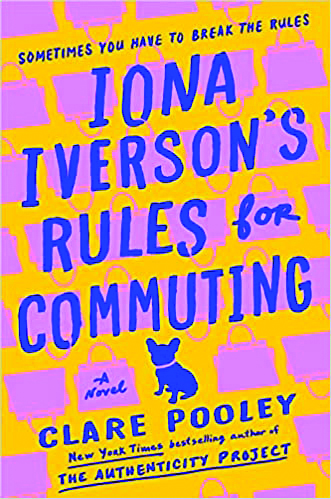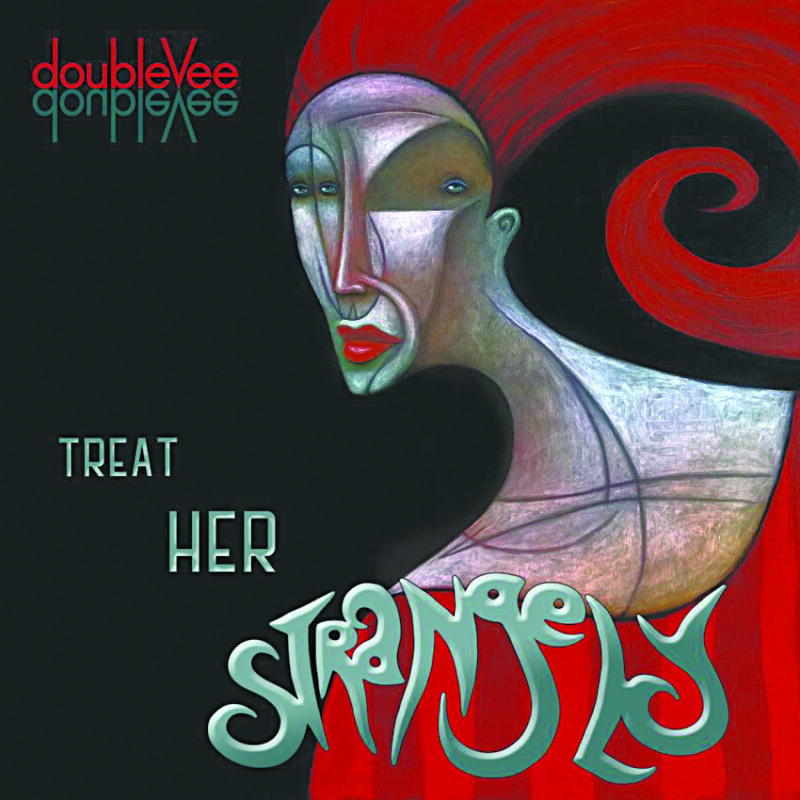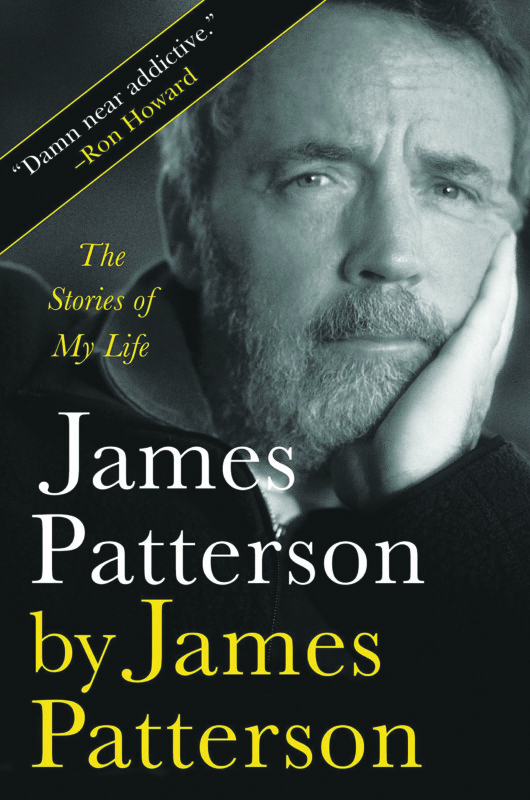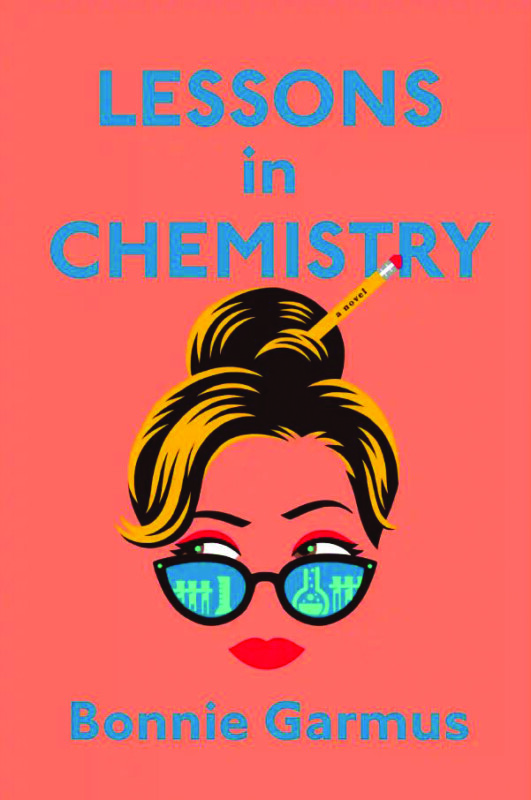Iona Iverson’s Rules for Commuting, by Claire Pooley (Pamela Dorman Books/Viking, 338 pages)
The unwritten rules for commuting are pretty much the same as the unwritten rules for riding an elevator: Avoid eye contact if possible. Keep in your space. If you must say something, comment on the weather.
But what if you ride a train five or more days a week and often see the same faces? And what if, one day, one of them nearly chokes to death on a grape? Do you go back to impersonal nonchalance, or question the etiquette rules that would even make you consider that?
The answer is right there on the cover of Clare Pooley’s Iona Iverson’s Rules for Commuting, a fun summer read that advises “Sometimes you have to break the rules.” Set in London, the novel is vaguely reminiscent of Helen Fielding’s Bridget Jones’s Diary, only Iona Iverson is in the twilight of her career, happily partnered, and gay.
Also, Iona is but one part of this story; don’t be fooled by her top billing. In fact, it’s the clever interweaving of different perspectives and storylines that makes this novel sing.
There are four central characters: Iona, the “Dear Abby”-like magazine advice columnist who has been deemed a dinosaur by her younger colleagues, who are trying to drive her out of the job she loves and has been doing for 30 years; Piers, an unhappy investment banker who was eating a salad on the train when he choked on the grape; Sanjay, a shy nurse with a crippling anxiety disorder who nonetheless saved Piers’ life; and Emmie, a voracious reader who works an unfulfilling job in marketing and is oblivious to Sanjay’s infatuation with her.
The four lives intersect meaningfully in the moment of Piers’ medical emergency, and then, once the problem is resolved and lives resumed, they want to retreat to their respective silos of silence. Except for Iona, whose stubborn insistence on righting the world’s wrongs — not only in her column but in the lives of the people around her — compels her to keep the conversations going.
If this sounds kind of saccharine and frothy, well, on one level, it is. But we are solidly into the season where you don’t have to read anything that could have been assigned by a teacher or boss. And Pooley is a genuinely funny writer, rolling off bits and one-liners at a pace that makes this novel as much a comedy as a beach read.
If the idea of commuting seems a bit antique in these days of working at home, it’s not in Pooley’s hands. She hits the issue head on, having Iona’s boss urging her to work from home. She declines — believing “It was important to keep at least one finger plugged into the zeitgeist” — even though she doesn’t like the trend of hot desking, which she rightly interprets as sharing, something she didn’t like to do even as a child.
So Iona keeps going to work daily, accompanied by her French bulldog named Lulu, whom she balances on her lap while drinking tea on the train. Some of the other passengers avoid her and think of her as “Crazy Dog Lady.” There are often empty seats around her.
But it’s Iona who decides to help the painfully shy Sanjay interact with the young woman he’s crushing on, and Iona who leaps to the defense of a distraught teenager who gets sick on Piers’ laptop one day. Then after one especially nasty exchange between Iona and Piers (in which an observer likens them to T. rex and Indominus rex going after each other in Jurassic Park), the two break through to something resembling humanity, after Piers admits, in an unguarded moment, that he desperately hates his job.
It is but one concealed bit of trouble among a host of troubles concealed by passengers on the train, and as the story unfolds, Iona becomes as much of a helper and adviser in real life as she is in her column; more so, actually. But as the commuters slowly get to know one another — first in abbreviated interactions on the train and then in other ways — they all begin to help each other in surprising ways, often inadvertently.
It would be “the feel-good movie of the year” if it were a movie, let’s just say.
While Rules for Commuting isn’t all sweetness and light — there are side plots involving a young mother undergoing cancer treatment and a young woman being cruelly bullied — there’s never a sense that we will get our hearts ripped out at the end. It offers escapism without the darkness that so much escapist fare contains.
Is it real life? Of course not. Will it help make yours more tolerable for a couple of hours? Absolutely, which is really all we need from a light summer book. B
Book Notes
You can read a book a week and still find yourself perpetually surprised that someone is a “New York Times bestselling author” you’ve never heard of. Take, for instance, the Virginia young-adult novelist Jenny Han, who is currently all the rage for her trio of summer-themed books that have just come out as an Amazon streaming series.
The Summer I Turned Pretty is the first title in the trilogy, and also the title of the series. It’s described by NPR pretty simply: It’s the story of “one teenage girl whose summer goes the way it always does except for one thing. The two boys she’s known her whole life are looking at her differently, and suddenly she has a big choice to make.”
OK, so it’s probably not William Faulker, whose story “The Long Summer” and two others were the basis for the film The Long Hot Summer.
But Han’s novel and two subsequent titles — It’s Not Summer Without You and We’ll Always Have Summer — will be released in a hardcover boxed set (Simon & Schuster, 880 pages in total) in two weeks. It’s been an extraordinary run for the books, seeing as the first book was released in 2009. Props to any author who can sell a book with a protagonist named Belly and still be selling well more than a decade later.
The other literal summer reads are, for the most part, the beach reads and chick lit we expect, such as Rebecca Serle’s romance One Italian Summer (Atria, 272 pages) and May Cobb’s mystery My Summer Darlings (Berkley, 368 pages).
But there’s one notable exception: The Summer Friend (Knopf, 240 pages) by Charles McGrath, a former editor at The New Yorker and The New York Times.
Set in New England, The Summer Friend is a memoir about McGrath’s friendship with a man named Chip Gillespie, who grew up in New Hampshire (his father taught classics at Phillips Exeter Academy). “Whenever I try to tell my own summertime story, I find myself telling a story that is partly his,” McGrath writes. The pair sailed, golfed and lobstered together for years, their summers entwined, until Chip’s life was struck short by cancer.
An intelligent and emotive departure from the typical “summer” books, it’s worth your attention, particularly if your childhood memories, like McGrath’s, are set near New England water.
Book Events
Author events
• JOYCE MAYNARD presents Count the Ways at Gibson’s Bookstore (45 S. Main St., Concord, 224-0562, gibsonsbookstore.com) on Tuesday, July 12, at 6:30 p.m.
• ADAM J. MEAD presents The Complete Financial History of Berkshire Hathaway at the Bookery (844 Elm St., Manchester, bookerymht.com, 836-6600) on Wednesday, July 13, from 5:30 to 6:30 p.m. Free event; register at www.bookerymht.com/our-events.
• KARI ALLEN presents and signs copies of her picture book The Boy Who Loved Maps at Gibson’s Bookstore (45 S. Main St., Concord, 224-0562, gibsonsbookstore.com) on Wednesday, July 13, from 4:30 to 6 p.m.
• SARAH MCCRAW CROW presents The Wrong Kind of Woman at Gibson’s Bookstore (45 S. Main St., Concord, 224-0562, gibsonsbookstore.com) on Tuesday, July 19, at 6:30 p.m.
• PAULA MUNIER and SARAH STEWART TAYLOR present their respective mystery novels The Wedding Plot and The Drowning Sea at Gibson’s Bookstore (45 S. Main St., Concord, 224-0562, gibsonsbookstore.com) on Thursday, July 21, at 6:30 p.m.
• LINDA REILLY presents her cozy mystery No Parm No Foul at Gibson’s Bookstore (45 S. Main St., Concord, 224-0562, gibsonsbookstore.com) on Tuesday, July 26, at 6:30 p.m.
• DIANE HALLENBECK presents Rejecting Fear: Learning to Be Led By Love at the Bookery (844 Elm St., Manchester, bookerymht.com, 836-6600) on Thursday, July 28, from 5:30 to 6:30 p.m. Free event; register at www.bookerymht.com/our-events.
• MARY ELLEN HUMPHREY presents My Mountain Friend: Wandering and Pondering Mt. Major at Gibson’s Bookstore (45 S. Main St., Concord, 224-0562, gibsonsbookstore.com) on Thursday, July 28, at 6:30 p.m.
• KATHLEEN BAILEY and SHEILA BAILEY present their book New Hampshire War Monuments: The Stories Behind the Stones at Gibson’s Bookstore (45 S. Main St., Concord, 224-0562, gibsonsbookstore.com) on Thursday, Aug. 11, at 6:30 p.m.
• CASEY SHERMAN presents Helltown at the Bookery (844 Elm St., Manchester, bookerymht.com, 836-6600) on Sunday, Aug. 14, at 1:30 p.m. Free event; register at www.bookerymht.com/our-events.
• VIRGINA CHAMLEE presents Big Thrift Energy: The Art and Thrill of Finding Vintage Treasures at Gibson’s Bookstore (45 S. Main St., Concord, 224-0562, gibsonsbookstore.com) on Monday, Aug. 15, at 6:30 p.m.
Poetry
• DOWN CELLAR POETRY SALON Poetry event series presented by the Poetry Society of New Hampshire. Monthly. First Sunday. Visit poetrysocietynh.wordpress.com.
Writers groups
• MERRIMACK VALLEY WRITERS’ GROUP All published and unpublished local writers who are interested in sharing their work with other writers and giving and receiving constructive feedback are invited to join. The group meets regularly Email pembrokenhtownlibrary@gmail.com.
Book Clubs
• BOOKERY Monthly. Third Thursday, 6 p.m. 844 Elm St., Manchester. Visit bookerymht.com/online-book-club or call 836-6600.
• GIBSON’S BOOKSTORE Online, via Zoom. Monthly. First Monday, 5:30 p.m. Bookstore based in Concord. Visit gibsonsbookstore.com/gibsons-book-club-2020-2021 or call 224-0562.
• TO SHARE BREWING CO. 720 Union St., Manchester. Monthly. Second Thursday, 6 p.m. RSVP required. Visit tosharebrewing.com or call 836-6947.
• GOFFSTOWN PUBLIC LIBRARY 2 High St., Goffstown. Monthly. Third Wednesday, 1:30 p.m. Call 497-2102, email elizabethw@goffstownlibrary.com or visit goffstownlibrary.com
• BELKNAP MILL Online. Monthly. Last Wednesday, 6 p.m. Based in Laconia. Email bookclub@belknapmill.org.
• NASHUA PUBLIC LIBRARY Online. Monthly. Second Friday, 3 p.m. Call 589-4611, email information@nashualibrary.org or visit nashualibrary.org.
Language
• FRENCH LANGUAGE AND LITERATURE CLASSES
Offered remotely by the Franco-American Centre. Six-week session with classes held Thursdays from 6:30 to 8:30 p.m. $225. Visit facnh.com/education or call 623-1093.






